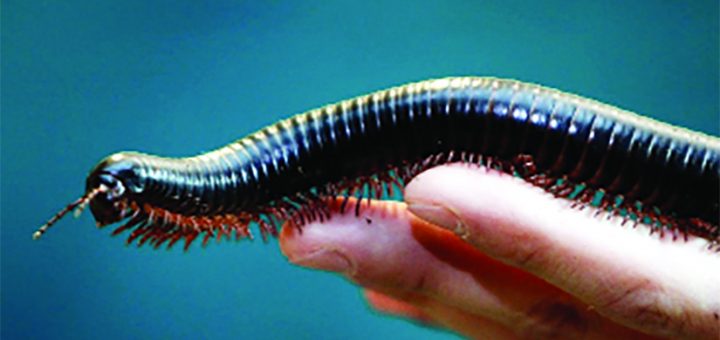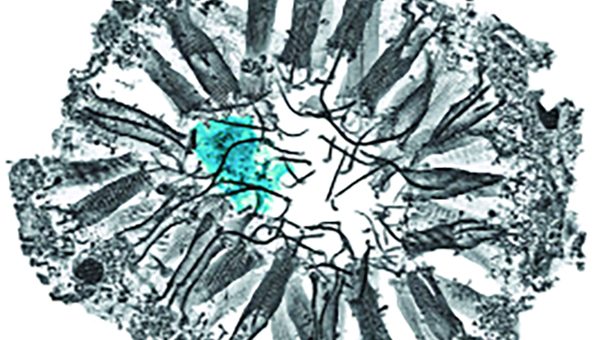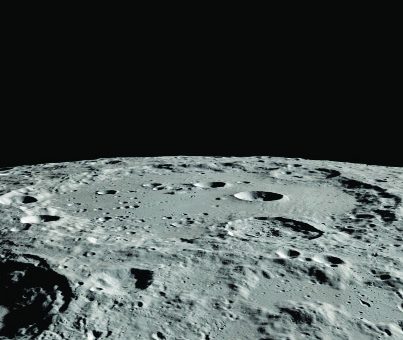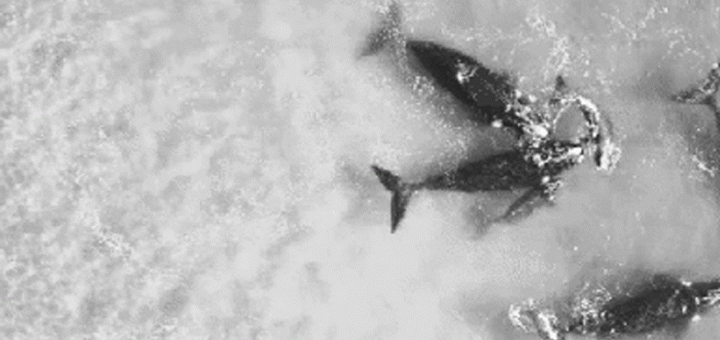Scientists Discover The First True Millipede
The millipedes we’ve known have been a lie. The Latin name for these arthropods implies an impressive set of 1,000 feet. Yet no millipede had ever been found with more than 750. Until now. This first millipede to live up to its name tunnels through deep soil using 1,306 little legs. In...























Recent Comments